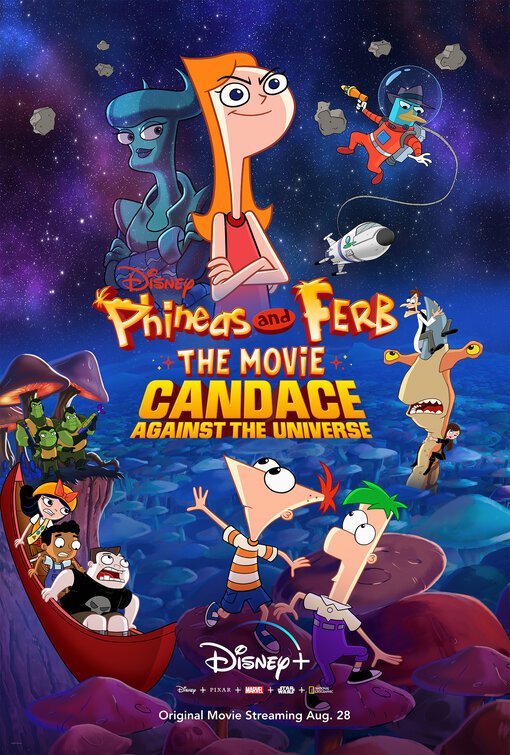“The Gift of Second Chances”

| None | Light | Moderate | Heavy | |
|---|---|---|---|---|
| Language | ||||
| Violence | ||||
| Sex | ||||
| Nudity |
What You Need To Know:
The main actors in A WALK WITH GRACE are amusing and engaging, but the plot is disjointed and rushed. The movie’s Christian worldview comes across loud and clear from beginning to end. The theme of forgiveness and second chances is successfully conveyed, and the value of family relationships is aptly portrayed. Alcoholism is mentioned, and a man is depicted while “happy-drunk.” A more subtle questionable element is the message of equality and uniformity between Jewish, Catholic and Protestant beliefs, which the movie implies. This content isn’t a huge problem, but it does prevent A WALK WITH GRACE from reaching a perfect Plus Four acceptability score.
Content:
Very strong Christian worldview with references to Moses, the Promised Land, Jesus, God, church services, the prodigal son, prayer, pastors, a priest, a Jewish rabbi, hymns, Good Friday, the resurrection, and Easter; very strong biblical content with references to grace, peace, love, repentance, forgiveness, and the value of family
One use of the word “a**”
Mild action violence with a man shown punching another man while wrestling
No offensive sexual content but several unmarried couples kiss
No nudity
People drink at a bar, women drink wine, alcoholism is mentioned, a man is shown drunk
No smoking or drugs; and,
Deception, pride, bitterness, divorce, and some anger.
More Detail:
Nate’s cousin, Sabrina, however, fights just as strongly for the factory’s sale as she has been forced to run everything in Nate’s absence, and she wants to leave Lima behind for good. Despite the allure of turning a profit through the factory’s sale and being able to return to LA, Nate finds himself reevaluating his priorities, trying to reconcile his past with his present as he seeks to reconnect with Grace and do the right thing.
A WALK WITH GRACE is cinematically passable. The main actors are amusing and engaging, but the performance of some of the supporting actors is stilted. The film’s dialogue has many choppy moments with awkward transitions during conversations. The plot, while relatively simple, is disjointed and rushed in places, making it difficult to truly connect with the story. Many of the movie’s Christian, biblical elements of the movie are artfully presented, but others seem forced and abrupt. For example, Grace often uses the words “God’s Plan” to describe what she believes Nate should do, but it comes across as manipulative, and the references to what characters “deserve” or what they consider to be “undeserved” almost always come across as an obvious attempt to bring the theme of grace more prominently into the plot.
That said, the movie’s Christian worldview of the movie does come across loud and clear from beginning to end. The theme of forgiveness and second chances is successfully conveyed, and the value of family relationships is aptly portrayed. The film contains no foul language other than one use of the word “a**.” There is no offensive sexual content. The extent of the romance in the story consists of various couples shown kissing. Violence is also practically non-existent with only one incident of a man shown punching another man during a wrestling match. Alcoholism is mentioned, and a man is depicted while “happy-drunk.” A more subtle questionable element is the message of equality and uniformity between Jewish, Catholic and Protestant beliefs, which the movie hints at on several occasions At the end of the movie, the entire religious community of Lima is asked to unite and come together in support of the factory, and this ending includes a rabbi, a priest, several pastors, and a female pastor as well. While these factors aren’t a huge problem, they do prevent A WALK WITH GRACE from reaching a perfect acceptability score of Plus Four.


 - Content:
- Content: 


